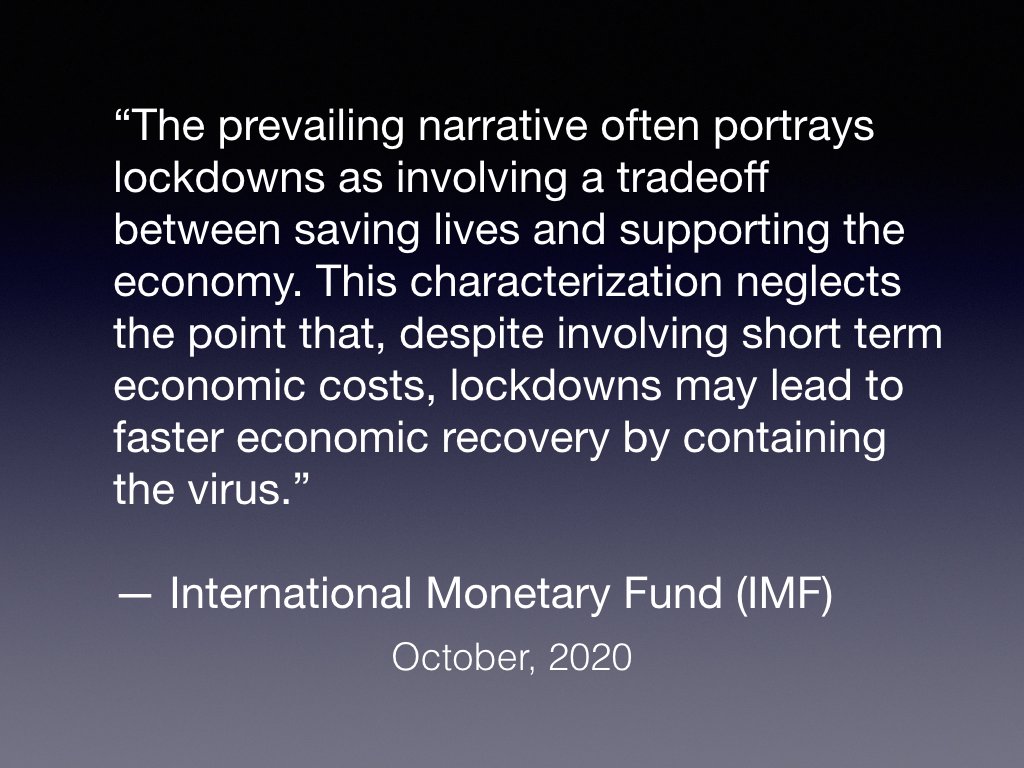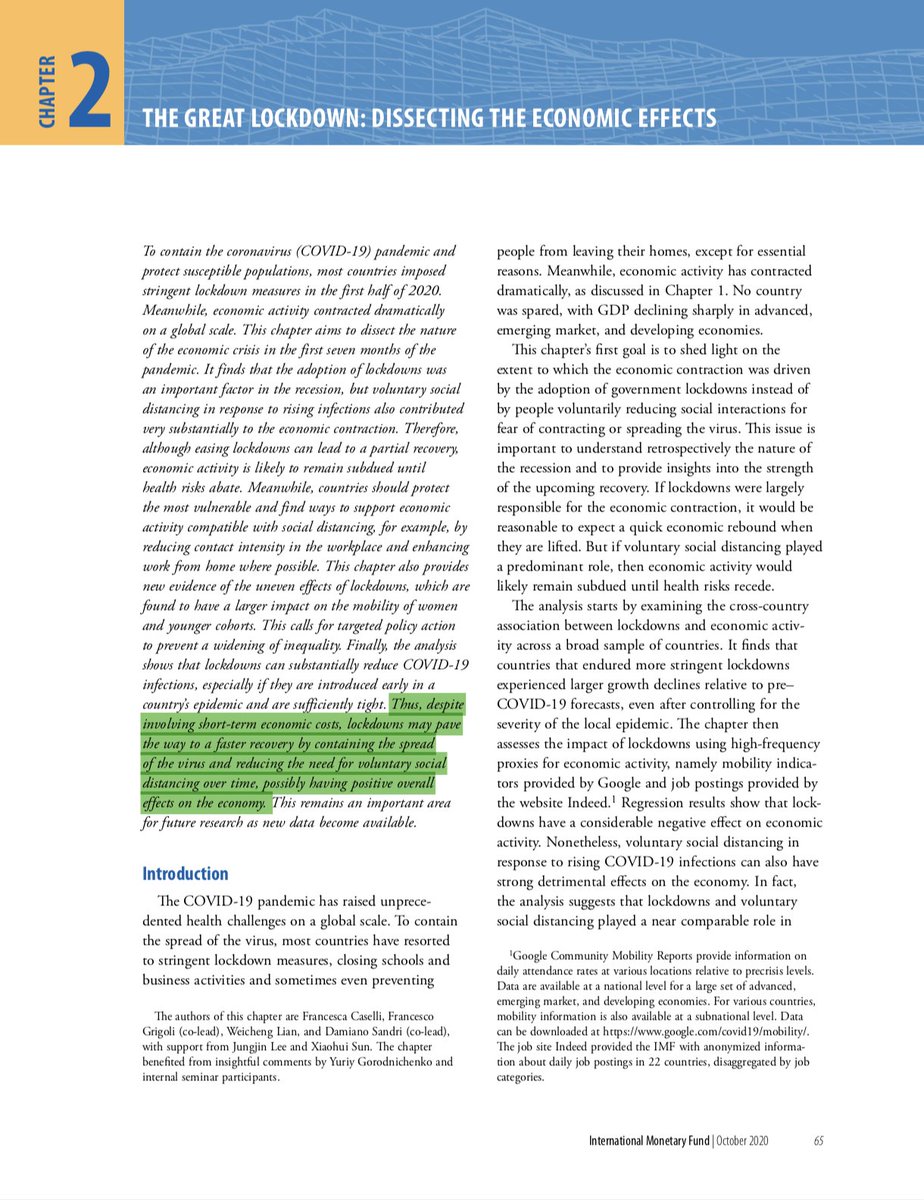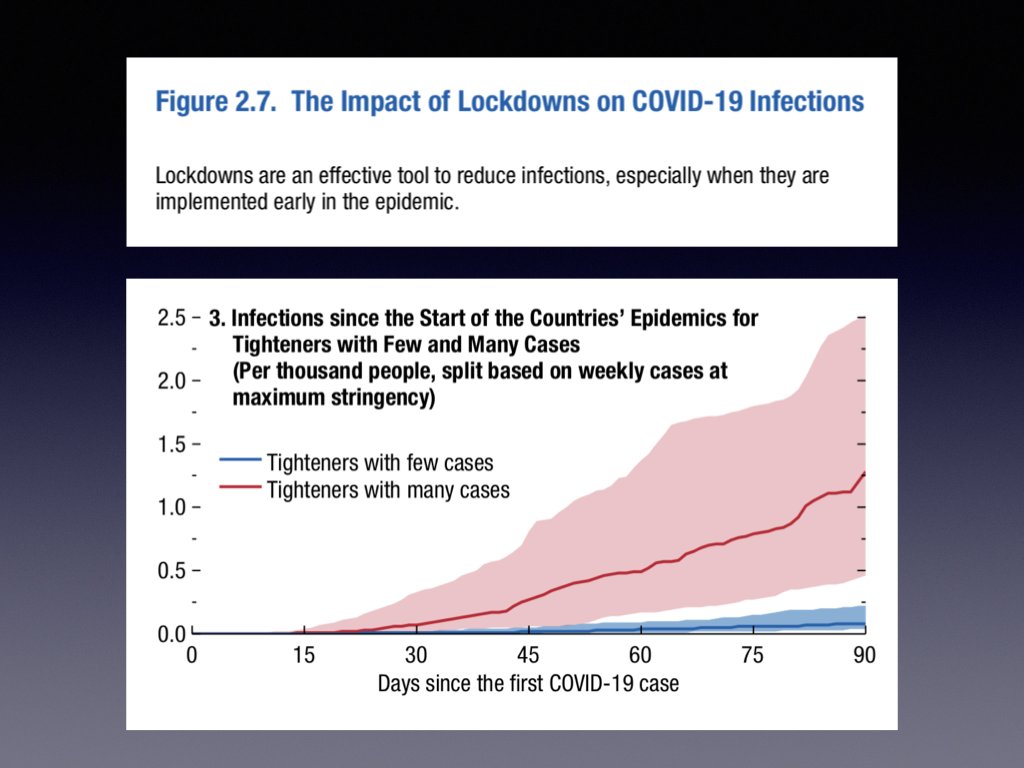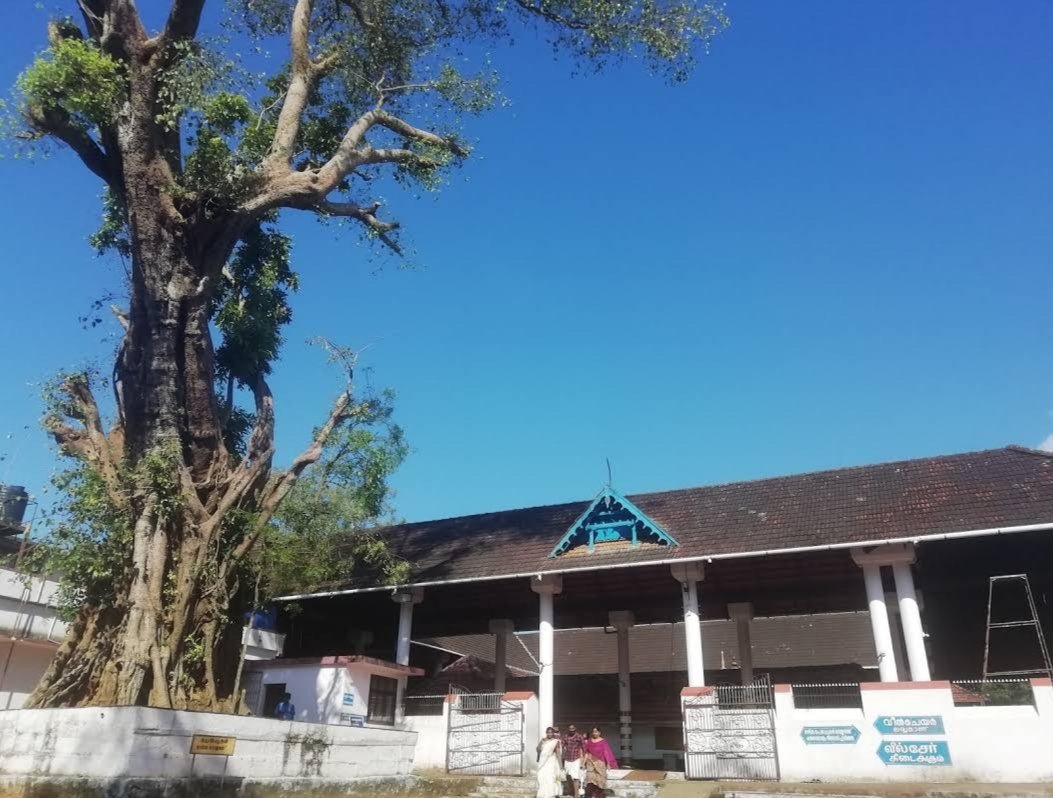@Paga announced investment in Ethiopian-based software development firm, Apposit for an undisclosed amount. The deal gave Paga full access to the expertise of Apposit’s engineers and technicians.
This is our summary of some of the notable Corporate Deals that affected Nigerian companies in 2020.
The thread starts here...
@Paga announced investment in Ethiopian-based software development firm, Apposit for an undisclosed amount. The deal gave Paga full access to the expertise of Apposit’s engineers and technicians.
@AccessBank acquired Kenyan Based TNB for an undisclosed amount.
@LeapFrog III Insurance acquired 38.8% major equity stake in AIICO Insurance for N5.28bn. This was a move to boost the capital base of AIICO Insurance.
@Farmcrowdy acquired a majority stake in Best Foods for an undisclosed amount in its bid to explore the meat business.
@FieldIntelligence secured $3.6m in a Series A funding round led by Blue Haven Initiative, Sunu Capital, Accion Venture Lab and Imperial Venture Fund.
@UnitedCapital successfully raised a sum of N5.3bn in a Series 1 and 2 CP Issuance.
@DangoteCement also completed the Issuance of N100bn Series 1 Fixed Rate Senior Unsecured Bonds due in April 2025.
@ChipperCash secured $13.8m Series A funding from Deciens Capital, a US-based venture capital and private equity firm.
Energicity Corp closed a $3.25m seed investment led by Sustainability-focused venture capital fund and Ecosystem Integrity Fund.
Nigerian based e-commerce platform @TradeDepot raised $10m in a preSeries B equity round, led by Partech, IFC, We-Fi, and MSA Capital.
Nigeria’s JET Motor Company raised $9m funding after creating an electric vehicle.
Dangote Cement listed its N50bn Commercial Paper Notes in Series 17 & 18 under its N150bn CP Programme
Inq, a subsidiary of Convergence partners acquired 100% stakes of Vodacom operations in Nigeria, Côte d’Ivoire, and Zambia.
Heineken Brouwerijen B.V purchased additional 3.3m units of Nigerian Breweries shares.
Global fintech giant Stripe acquired Nigeria’s fintech startup, @Paystack in a deal worth $200m and the biggest M&A deal in Nigerian tech history.
@Kuda raised $10m funding led by Target Global alongside Entrée Capital and SBI Investment.
December 2020
@InfraCo Africa completed a $27m equity investment in Nigeria’s InfraCredit with the aim of growing the credit institution.
More from Economy
The International Monetary Fund (IMF) is analyzing damage due to COVID and projecting further severe consequences if current policies persist. They state “despite involving short term economic costs, lockdowns may lead to faster economic recovery by containing the virus”
1/

Note: This report doesn’t do a dynamic analysis that makes things much clearer, but it does a thoughtful statistical analysis based upon increasingly available data.
https://t.co/5Xmt8y7lCL
A few more quotes:
2/

“The analysis also finds that lockdowns are powerful instruments to reduce infections, especially when they are introduced early in a country’s epidemic and when they are sufficiently stringent.”
3/

“lockdowns become progressively more effective in reducing COVID-19 cases when they become sufficiently stringent. Mild lockdowns appear instead ineffective at curbing infections.”
4/
“The results suggest that to achieve a given reduction in infections, policymakers may want to opt for stringent lockdowns over a shorter period rather than prolonged mild lockdowns...
5/
1/

Note: This report doesn’t do a dynamic analysis that makes things much clearer, but it does a thoughtful statistical analysis based upon increasingly available data.
https://t.co/5Xmt8y7lCL
A few more quotes:
2/

“The analysis also finds that lockdowns are powerful instruments to reduce infections, especially when they are introduced early in a country’s epidemic and when they are sufficiently stringent.”
3/

“lockdowns become progressively more effective in reducing COVID-19 cases when they become sufficiently stringent. Mild lockdowns appear instead ineffective at curbing infections.”
4/
“The results suggest that to achieve a given reduction in infections, policymakers may want to opt for stringent lockdowns over a shorter period rather than prolonged mild lockdowns...
5/
You May Also Like
So it's now October 10, 2018 and....Rod Rosenstein is STILL not fired.
He's STILL in charge of the Mueller investigation.
He's STILL refusing to hand over the McCabe memos.
He's STILL holding up the declassification of the #SpyGate documents & their release to the public.
I love a good cover story.......
The guy had a face-to-face with El Grande Trumpo himself on Air Force One just 2 days ago. Inside just about the most secure SCIF in the world.
And Trump came out of AF1 and gave ol' Rod a big thumbs up!
And so we're right back to 'that dirty rat Rosenstein!' 2 days later.
At this point it's clear some members of Congress are either in on this and helping the cover story or they haven't got a clue and are out in the cold.
Note the conflicting stories about 'Rosenstein cancelled meeting with Congress on Oct 11!"
First, rumors surfaced of a scheduled meeting on Oct. 11 between Rosenstein & members of Congress, and Rosenstein just cancelled it.
He's STILL in charge of the Mueller investigation.
He's STILL refusing to hand over the McCabe memos.
He's STILL holding up the declassification of the #SpyGate documents & their release to the public.
I love a good cover story.......
The guy had a face-to-face with El Grande Trumpo himself on Air Force One just 2 days ago. Inside just about the most secure SCIF in the world.
And Trump came out of AF1 and gave ol' Rod a big thumbs up!
And so we're right back to 'that dirty rat Rosenstein!' 2 days later.
At this point it's clear some members of Congress are either in on this and helping the cover story or they haven't got a clue and are out in the cold.
Note the conflicting stories about 'Rosenstein cancelled meeting with Congress on Oct 11!"
First, rumors surfaced of a scheduled meeting on Oct. 11 between Rosenstein & members of Congress, and Rosenstein just cancelled it.
Rep. Andy Biggs and Rep. Matt Gaetz say DAG Rod Rosenstein cancelled an Oct. 11 appearance before the judiciary and oversight committees. They are now calling for a subpoena. pic.twitter.com/TknVHKjXtd
— Ivan Pentchoukov \U0001f1fa\U0001f1f8 (@IvanPentchoukov) October 10, 2018

















